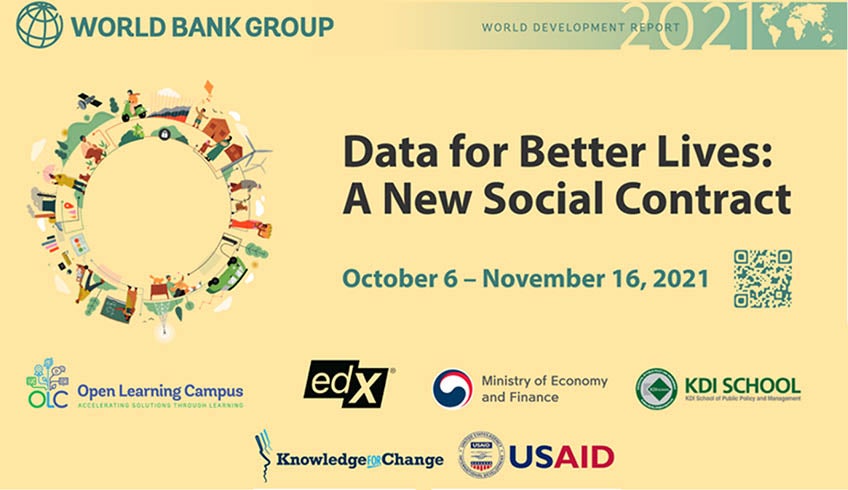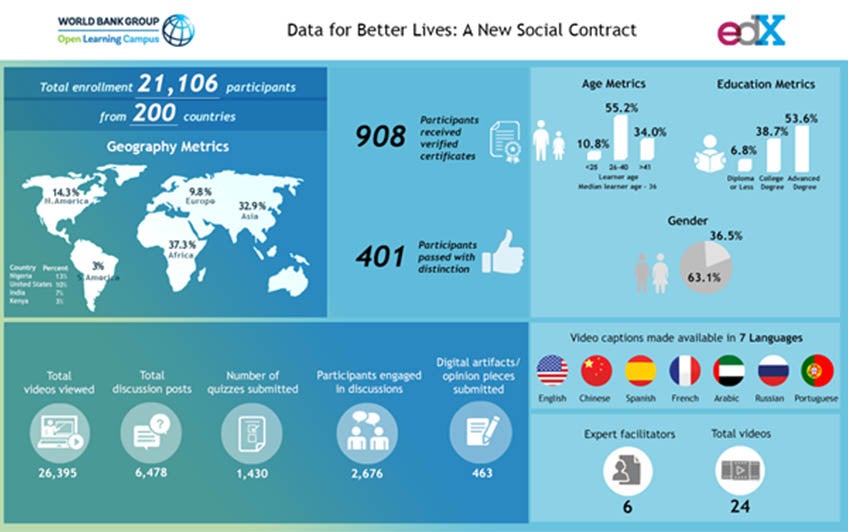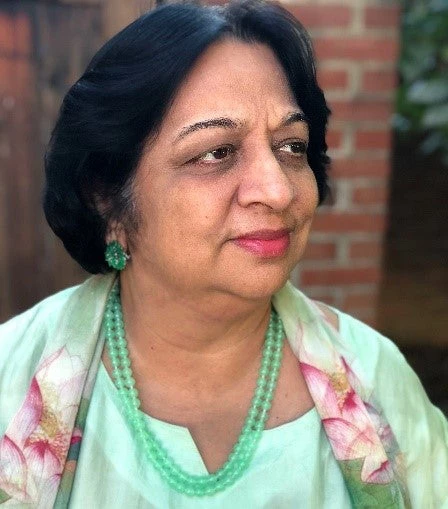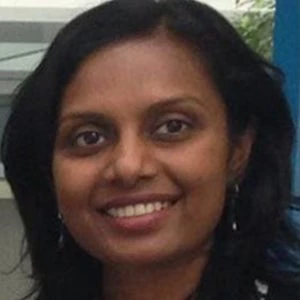“I wish to be a data use champion in Ghana and other English-speaking countries to facilitate the use and consumption of data for development purposes,”
—Victor Boateng Owusu, MOOC participant.
The world’s reality today reflects that data is ubiquitous in our lives, and accurate and reliable data has become the cornerstone of nearly all aspects of work. Based on the World Development Report (WDR) 2021, the success of a Massive Open Online Course (MOOC) by the World Bank’s Open Learning Campus (on the Edx platform) demonstrated the demand for heightened data literacy and highlighted the premise of the report. It saw enrolment of over 21,000 learners. Titled ‘Data for Better Lives’, the course emphasized the importance of harnessing data in an equitable, safe, and positive manner, especially considering the impact on vulnerable populations.

The MOOC, conducted through October-November 2021, saw enormous participation. The six-week course increased the reach of the messages and recommendations of the WDR by facilitating learning and interactions on data for developmente. The learners reported gaining improved knowledge of global data and national data systems and in some instances a desire to take forward the WDR’s message. “I wish to be a data use champion in Ghana and other English-speaking countries to facilitate the use and consumption of data for development purposes,” affirms Victor Boateng Owusu, a MOOC participant.
The learners were from a wide array of backgrounds – development professionals, government officials, academic institutions, businesses, and civil society organizations, working or interested in data driven development, as well as individuals interested in learning about what data changes and challenges lay ahead.
The MOOC provided the following insights:
- Demonstrated how to get more value out of data while protecting people against harm and ensure access and representation,
- Discussed data governance improvements necessary to implement the principles of the social contract for data and achieve the ambitious vision of the Integrated National Data System (INDS),
- Focused on data literacy and takes a step forward in advocating for improving data use for development purposes,
- Explained how data-driven development can be fostered by analyzing where public and private sector investments are the most critical,
- Presented a rich program for policy reform and technical assistance,
- Highlighted areas where global initiatives and partnerships can help to convene and facilitate cooperation at regional, bilateral and international levels,
- Identified inadequacies in the current data landscape among countries and ways to resolve them.
“As a policymaker who is interested in governance reforms, the course was extremely useful in learning new concepts and actions to realize the greater value of data in the changing landscape of development, governance, trade, and business across nations,” summarized Nyombi Eric, one of the MOOC participants.

The course attracted participants from a total of 200 regions or countries, with Nigeria, the United States, and India having the highest participation in order. Though the course was conducted in English, there were video subtitles available in six other languages—Spanish, Chinese, French, Arabic, Russian, and Portuguese. More than one-third of the participants were female and more than half were aged 26-40. Participation from different age groups, including 34% aged 41 and above, was congruous with the recommendation from the report that data literacy has to be inculcated at all levels, especially in senior leadership at relevant institutions.
The MOOC was helmed by six experts, including the report co-directors Robert Cull, Vivien Foster, and Dean Jolliffe, report manager Malarvizhi Veerappan, lead facilitator Sameeksha Khare, and Open Learning Campus (OLC) Head Sheila Jagannathan. In addition, the course has insights and lessons given by a total of 19 economists, data scientists, and other experts from the World Bank Group.
8 Terrific Features of the Course
The MOOC has two tracks: (i) Development Specialist Track for policymakers and practitioners and (ii) General Champion Track for any interested individual. Their features include:
- 21 video talks by the authors of the World Development Report 2020 and other renowned global experts.
- Video captions are available in six other languages: French, Spanish, Chinese, Arabic, Russian, and Portuguese.
- Peer review and collaborative assignments wherein learners produce written material to synthesize practical learnings in their own contexts.
- A final digital artifact (project) to summarize key lessons learned from the course.
- E-discussions as well as social media channels, such as Twitter, to enable learners to communicate and share resources.
- Live chats with experts, who engage in a Q&A with learners.
- A library of reading, resources, and optional exercises for those who choose the “Development Specialist Track,” which provides more technical information.
- A recognition program to acknowledge learners who take on additional tasks to be considered a “Course Hero.”
“As a policymaker who is interested in governance reforms, the course was extremely useful in learning new concepts and actions to realize the greater value of data in the changing landscape of development, governance, trade, and business across nations,”
—Nyombi Eric, MOOC participant
We believe the MOOC helps answer the fundamental questions the current data landscape raises. “I am learning to be analytical as day-to-day practices generate so much data which was not well utilized. By using and reusing, packaging, and repurposing it for the wider good are concepts that I am getting from this course.” - Lillian Ndanatsei Silby Chikara from Zimbabwe
Continuing the work on advancing data use to improve lives is crucial in having a sustained impact. To further operationalize the recommendations of data literacy outlined in the WDR2021 report, the World Bank’s Data Use and Literacy program delivers a range of activities to build capacity for data literacy and data use; enable data-driven decision-making; and democratize participation in the data revolution across low- and middle-income countries. Data availability and data use, which is contingent on data literacy, can lead to substantial benefits at national level, and among the poor and marginalized groups. In a data-driven world, data literacy is also a critical skill for public sector innovation and civic engagement. The global dissemination of the WDR 2021 through the well-received MOOC served as a conduit of change for the same.
The videos of the MOOC are available as a bite-sized learning page on OLC here. We also encourage you to sign up for the self-paced version of the ‘Data for Better Lives’ MOOC here.
We wish to thank the Korea Ministry of Economy and Finance for their generous support of the above MOOC. Please continue to visit the World Bank’s Open Learning Campus to get more just-in-time learning on complex development challenges and opportunities as well.




Join the Conversation